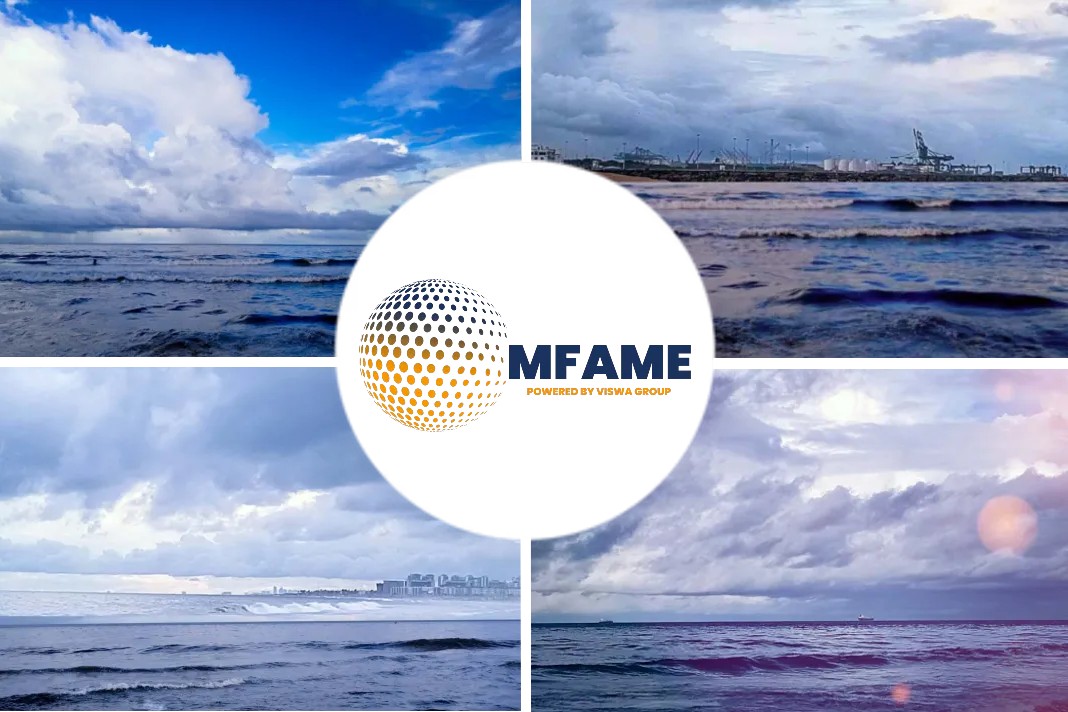
DNV has published new guidelines for the safe installation of onboard carbon capture and storage (OCCS) systems on board ships, amid growing pressure on the shipping industry to develop effective technologies to reduce emissions as part of the ongoing maritime energy transition, reports Rivera.
Post combustion OCCS
Post-combustion OCCS on board trading ships is expected to be among the most relevant methods of reducing greenhouse gas emissions on vessels where the use of alternative fuels is not feasible.
DNVs new guidelines
DNV’s new guidelines are designed to be used by stakeholders across the value chain, including ship designers, builders, OCCS system manufacturers and shipowners, and apply to both newbuilds and retrofits. They cover all aspects for safe installation, including exhaust pretreatment, absorption with the use of chemicals/amines, after-treatment systems, liquefaction processes, CO2 storage and transfer systems.
The guidelines are based on DNV classification requirements but additional technical or other requirements may be imposed by relevant flag-state administrations.
There are currently no statutory regulations addressing the possible safety implications of using OCCS systems on board ships. The guidelines also cover alternative means for carbon capture, including physical absorption and cryogenic methods and can be accessed here.
ERMA first device
ERMA First’s device uses absorption technology to mix CO2 flue gases with a proprietary amine solvent, which is then heated to produce a chemical reaction which reverses the absorption and separates the CO2 from the solvent. The CO2 from this process is then liquefied and stored under cryogenic conditions on board with the solvent ready to use in the same process again, creating a regenerative loop for CCS.
LR’s AiP, as part of the Risk-Based Certification process, has enabled the technology to achieve this important milestone and allows ERMA First to proceed with onboard pilot testing of the application, while LR continues to support its industry partners in derisking their maritime assets.
Did you subscribe to our daily newsletter?
It’s Free! Click here to Subscribe
Source : Riviera

















